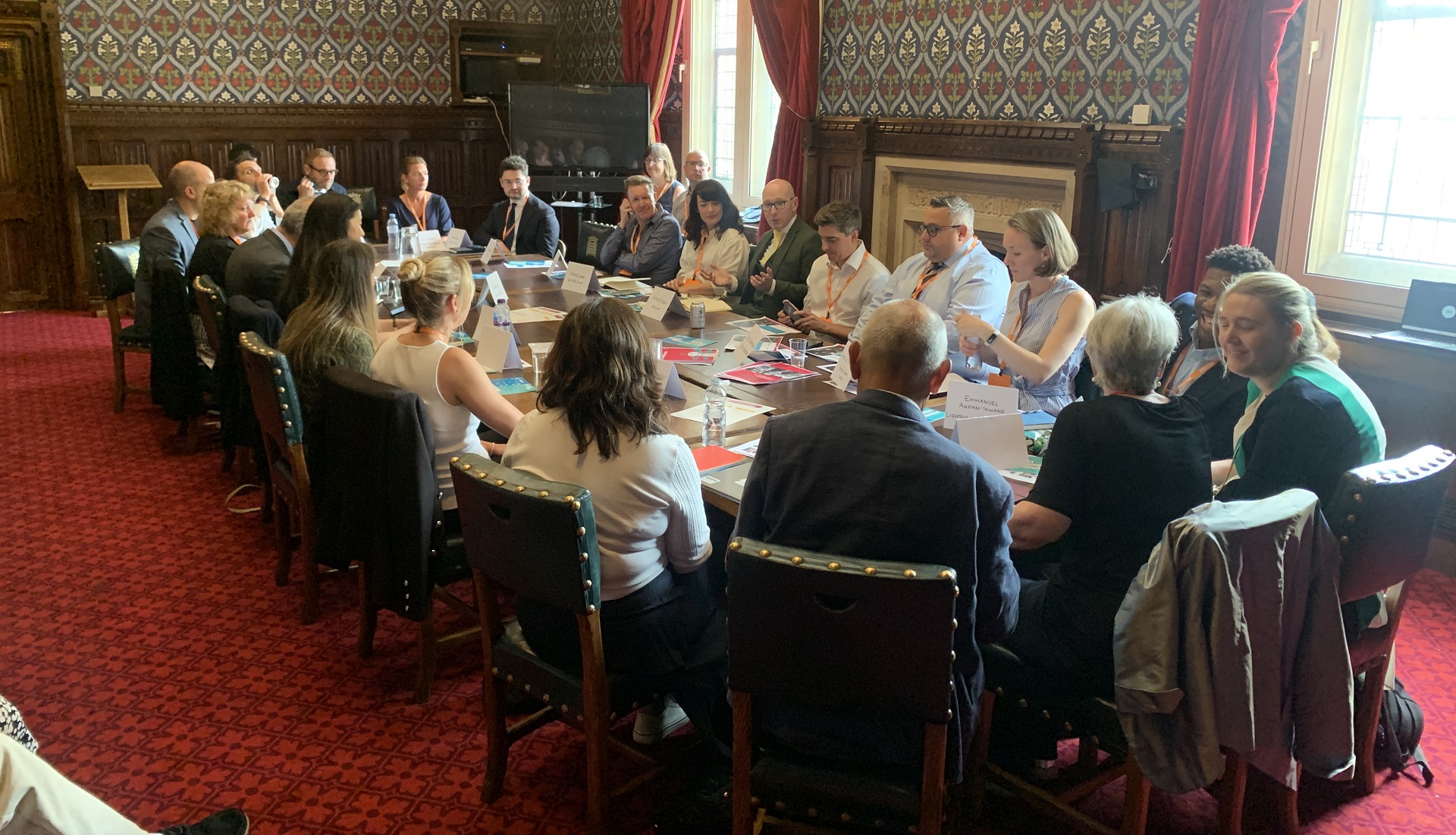News
Demystifying the Just Transition

By Jennifer Clair Robson – Content Director at Climate Action North
The shift toward net zero will bring economy-wide transformation on an unprecedented scale. The transition will impact many industries, jobs, and communities.
A Just Transition concerns the fair treatment of workers and communities affected by these changes. It involves investment in new skills and infrastructure while protecting and creating high-quality jobs and employment for a green economy.
Approximately 6.3 million jobs in the UK, equating to around one in five, are likely to be affected by the transition to a green economy, according to the Just Transition Jobs Tracker.
A Just Transition applies not only to large multinational corporations and governments; it is also critical that small and medium businesses, who play a crucial role in creating employment and are often at the heart of communities, are involved.
Yet, while the importance of a Just Transition is a priority for the global climate agenda, it has been noted that many people don’t fully understand what it means.
Here we demystify the Just Transition and consider: what is the Just Transition, why should I care, and what can my social enterprise do?
What is the Just Transition?
The Just Transition movement is a rising concern calling for the fair treatment of workers and communities who will be most affected by the shift to clean energy and the phasing out of fossil fuels.
Greenpeace is campaigning to ensure that this move doesn’t leave anyone behind; they want to see workers, especially those in the oil and gas sector, retrained to keep green energy powering the world.
The COP26 summit saw a 190-strong coalition of countries and organisations commit to phase out coal power and agree to:
- End investment in new coal power generation domestically and internationally
- Phase out coal power in economies in the 2030s for major economies
- Rapidly scale up the deployment of clean power generation
- Make a just transition away from coal power in a way that benefits workers and communities
The push for clean and renewable energy is important because coal is responsible for nearly half of carbon dioxide emissions worldwide. A report issued by the Intergovernmental Panel on Climate Change (IPCC) in August 2021 was described as “code red” for humanity; it warned that without immediate deep cuts to carbon, including the phase-out of coal, the 1.5°C goal of the Paris Agreement will be unreachable.
Why should I care about the Just Transition?
Without a Just Transition, many workers, particularly those in the oil and gas sector, will lose their livelihoods creating unnecessary hardship for them and their communities.
Many will have spent a significant proportion of their life employed in their area of expertise and will not have the abilities to work in evolving professions. New jobs may not be available in the same locations that jobs are lost, and they may not be available at the time when people become unemployed.
This is a pattern that has been repeated around the world, closer to home it happened when coal miners across the North of England lost their jobs in the 1980s.
Sunderland City Council Deputy Leader Claire Rowntree told Climate Action North: “it’s vital that we do all we can to ensure the communities and jobs most affected by the inevitable switch from fossil fuels to renewable energy receive the levels of support required as we plan for a cleaner, greener future.”
Fossil fuels is an obvious example, but the impacts will affect other industries such as automotive production, agriculture, construction and housing, manufacturing, and scientific and technical services. All affected industries will need to upskill their workforce or hire new employees.
It is often forgotten that the Just Transition applies not only to large multinational corporations and governments. It is also relevant for small and medium businesses and social enterprises who may struggle to adjust without support, advice, and incentives.
Yet the International Organisation of Employees (IOE) has stated that it believes that not enough focus is placed on small businesses in the Just Transition.
It is essential social enterprises are engaged. They add a huge amount of value to communities and are connected through employees and their families. Any changes made in a social enterprise will spread out through the community via its workforce.
Businesses that fail to act will face mounting pressure from investors, customers, staff and potential recruits, and legislation.
In a nutshell, embracing a Just Transition to net zero and a green economy can help ensure the sustainability not only of the planet, but also of your enterprise.
What can my social enterprise do?
The most important step you can take is to commit to act. Simply making a Just Transition priority by including it in your goals will ensure it gets the attention it needs.
Look at your social enterprise and find the smallest, easiest ways you can begin to make a difference. Start with your own impact and what you’re able to do.
Get a holistic picture of risks climate change pose to your enterprise and operations with the Climate Action North business toolkit. Scrutinise your resilience against climate risks, identify areas of improvement, and put in place an action plan to reach net zero.
It is important that those in the supply chain take account of their social impact when on the net zero journey. As well as working to strengthen local supply chains, you must consider regulations, apply due diligence for your workforce’s best interests, and ensure all environmental impacts are considered.
This will make it easier to secure funds and contracts and enjoy the wider local economic and community benefits this brings.
A Just Transition may bring challenges, but it will also present opportunities such as the upskilling and professional development of you and your workforce, and the creation of new jobs. These benefits need to be accessible to everyone so engage with your workforce to make sure they’re heard and are actively involved with all issues and opportunities.
Climate Action North hosts events that focus on achieving a Just Transition in the North of England. They focus on strategies to create green jobs along with retraining opportunities for small businesses to help them be ‘skills-ready’ for the Just Transition to a cleaner, greener future. Sign up to our newsletter for details on events as they are released.
Follow Climate Action North projects and get in touch to support our work and get involved. Our actions now will make a difference to tomorrow.



